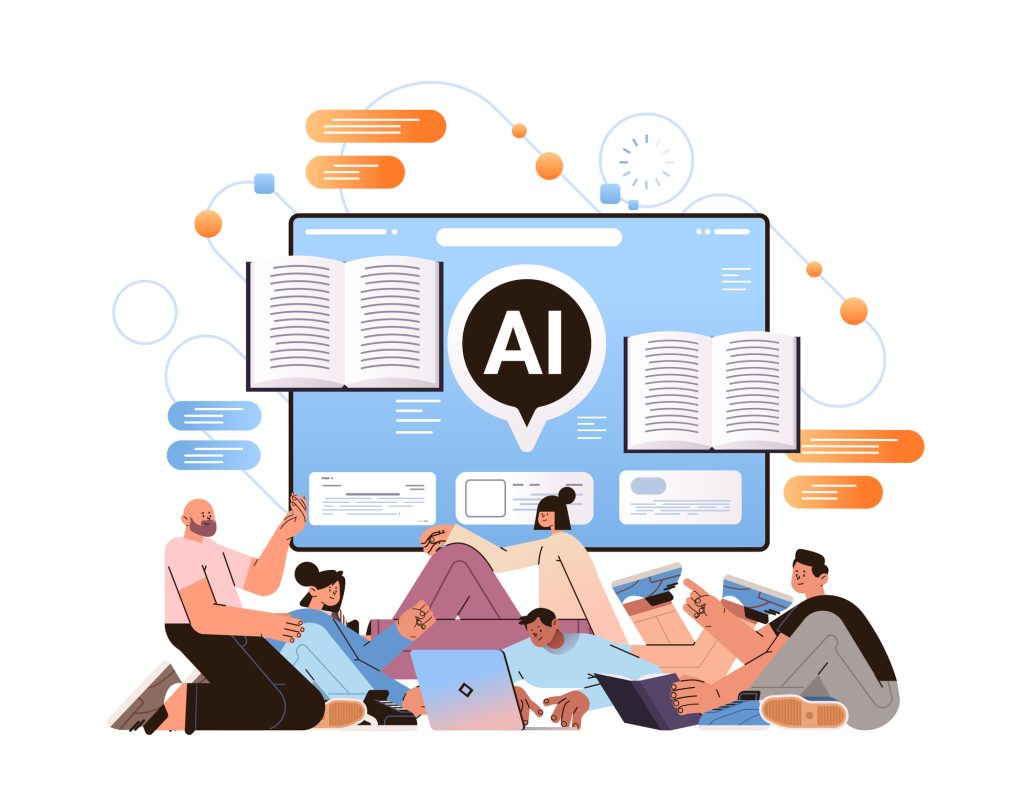Licensing and AI: Panelists Urge Rights Holders to Take Control

At the Frankfurt Book Fair, a key discussion arose in one of the final panels, Let Licensing Bloom: The Root of Responsible AI, where industry leaders gathered to address the growing impact of AI on copyrighted content. Hosted by the Copyright Clearance Center, the conversation focused on the urgent need for rights holders to take control of their work by licensing it for AI use.
Speakers expressed concerns about the rapid advancements in AI technology and the potential legal ramifications for creators. One of the core issues raised was whether courts will favor tech companies over copyright holders regarding the use of protected content for AI training. Still, the panelists collectively emphasized that licensing is the best path forward.
Lui Simpson, EVP of global policy at the Association of American Publishers, urged content creators to embrace the technology while maintaining control over their work. “It’s not just about compensation. It’s very much about control. Licensing lets you dictate how your work is used,” Simpson said. She stressed the importance of setting clear boundaries, ensuring that AI doesn’t produce outputs that compete directly with the original works.
Josh Jarrett, Wiley’s SVP of AI growth, explained that his company began exploring AI licensing about a year ago, acknowledging the inevitability of the technology. “We realized AI wasn’t going away, so we leaned in,” he said. Jarrett highlighted the importance of establishing “guardrails” for AI, determining which content they felt comfortable licensing and setting boundaries for older works.
Moderator Tracey Armstrong, CCC president, concluded by likening AI to past innovations, such as the photocopier and the World Wide Web, stating, “Licensing has consistently been a way to foster innovation while respecting copyright.” The message was clear: responsible AI starts with well-crafted licensing agreements.
This discussion underscores a critical message for rights holders: embracing AI, with well-defined licensing, can both protect creative works and drive innovation. By engaging with these technologies proactively, content creators have the chance to shape how their work is used in the digital age.
This is a conversation that will continue to unfold as AI evolves, but for now, the path forward is clear—licensing is key to staying in control.
Sign Up for Our Newsletter
Tina Pavlik
Owner of TRS since 2003
An aficionado of romance novels for many years, Tina has owned The Romance Studio since 2003 and for 20 years, has enjoyed highlighting the best books in the genre. She enjoys all aspects of marketing including writing content, book trailer design, and finding captivating new books for voracious readers. She has also written over 20 romance titles under various pen names.

